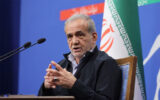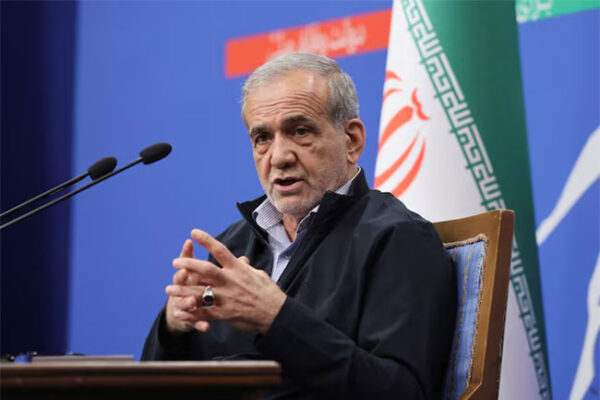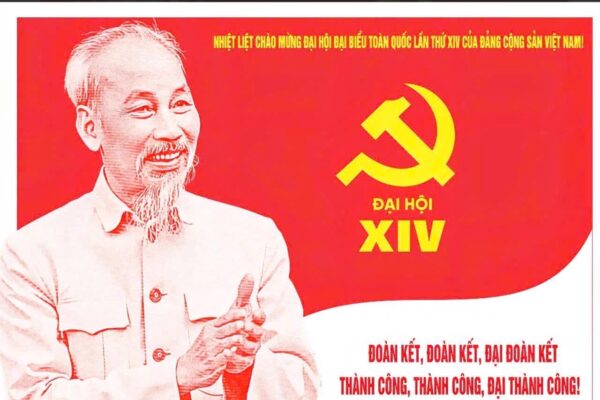COLOMBO : Kashmir The recent decision by the Indian Supreme Court to uphold the revocation of special status for Jammu and Kashmir has reignited concerns about potential human rights violations in the region. The abrogation of Article 370, which granted significant autonomy to the contested area, has not only reshaped the administrative landscape but has also intensified scrutiny on its human rights implications.
Critics argue that the move by the ruling Bharatiya Janata Party (BJP) may contribute to the marginalization of Kashmir’s Muslim-majority population. The decision to direct the region to hold local elections by September 30 next year adds another layer of complexity to an already sensitive issue. As debates on the constitutional validity of the decision persist, the focus on safeguarding the rights and well-being of Kashmiris remains a crucial aspect of the ongoing discourse.
The backdrop to this legal battle dates back to 2019 when Prime Minister Narendra Modi’s government, in a bold move, abrogated Article 370 of the Indian constitution, which granted significant autonomy to the contested Jammu and Kashmir region. The region had enjoyed this autonomy since the aftermath of the first India-Pakistan war over the Himalayan region in 1947. However, Modi’s government argued that Article 370 was always intended to be temporary and justified the revocation as a necessary step for the region’s development.
Since August of this year, India’s top court has been immersed in hearing a series of petitions challenging the constitutionality of the abrogation.
On Monday, a panel of five judges delivered a unanimous decision, affirming Modi’s move and emphasizing the temporary nature of the special status granted to Jammu and Kashmir. Chief Justice DY Chandrachud underscored the historical context, stating that Article 370 was an interim arrangement due to war conditions in the state.
The ruling party’s narrative aligns with this perspective, emphasizing that the special status was always meant to be a temporary provision. However, the ground realities say something else, and the decision usurps the rights of thousands of Kashmiris.
Ajai Shukla, a defence analyst in New Delhi, views the abrogation as a political maneuver aimed at appeasing the Hindu-majority electorate in India. He points to a polarization within the ruling party, which sees anti-Muslim sentiments as a means to consolidate political support. Shukla argues that for the government, fulfilling the promise of revoking Article 370 is a strategic move.

















